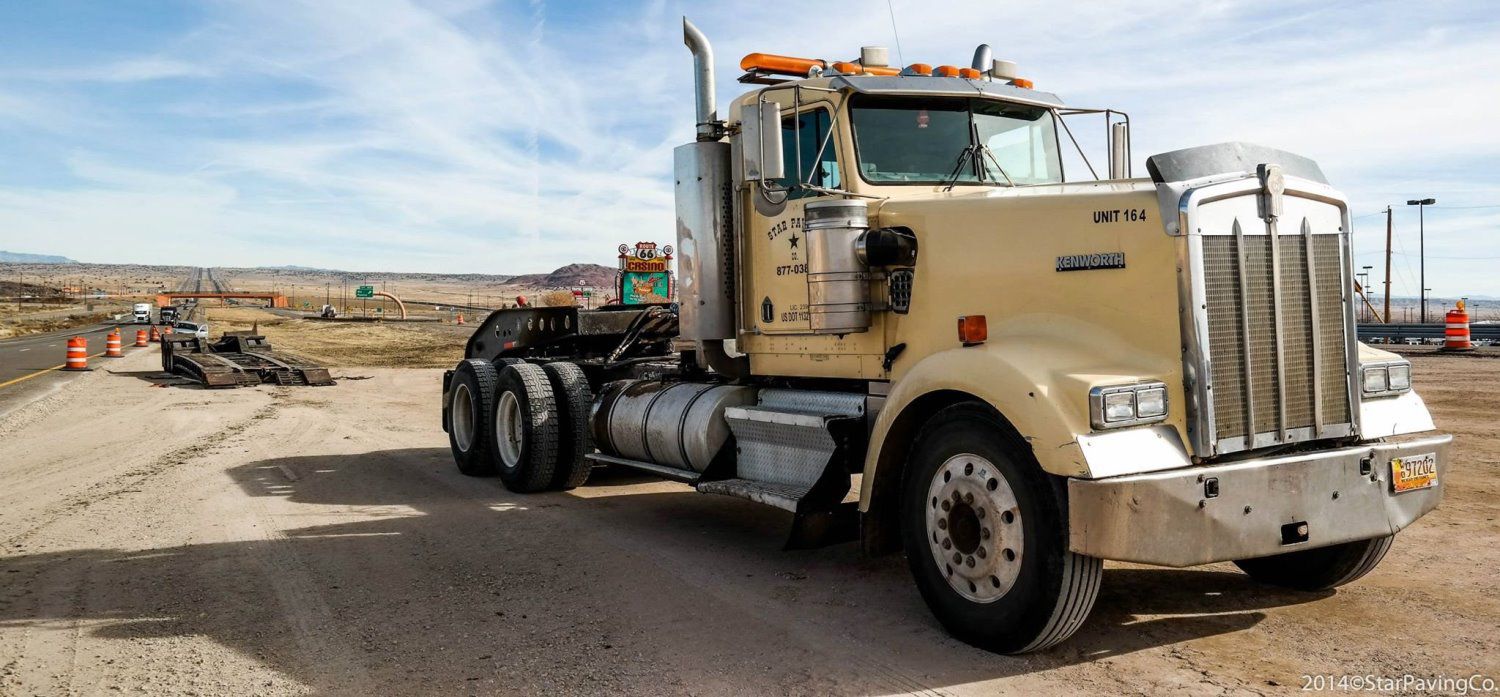


Driveways come in many forms: asphalt, concrete, and even gravel. While many homeowners still choose concrete, however, more and more are realizing the benefits of an asphalt driveway. If your driveway is getting old and you're ready to install a new one, check out these facts you should know about asphalt and concrete driveways so you can determine which is the right choice for your home.
Both concrete and asphalt driveways are affordable. However, asphalt is usually the more affordable option. Typically, you'll pay between $2,300 and $10,300 for a new asphalt driveway, depending on the size. Most homeowners pay about $2.24 a square foot.
Concrete driveways vary depending in price, because you can choose different colors and styles. For a plain concrete driveway (no pigment, textured finish, border, etc.), you may pay $3 to $10 or more per square foot. If you do want decorative elements, expect to pay $6 to $25 per square foot more, depending on how many decorations you want.
In cold climates, concrete is known to crack simply from the changing temperature. In fact, concrete is more likely to crack in general because it isn't flexible. Asphalt, while it may seem as hard as concrete, has some flexibility, which is why it's used in roads. It can bend with the weight of cars. For this reason, temperature fluctuations, heavy equipment, and so forth are less likely to damage asphalt.
If either type of driveway does develop a crack, further problems can arise. If water penetrates the cracks and freezes, it causes more damage because the ice expands. Eventually, the damage may reach the ground under your driveway. If this ground gets exposed to too much water, it softens, destabilizing your driveway.
When damage does appear, you should fix it fast (whether you have a concrete or asphalt driveway). Asphalt driveways are usually easier to repair than their concrete counterparts. This is because potholes, cracks, deterioration, and so forth can be fixed by simply covering the area with more asphalt. With a concrete driveway, you may need to use rubber concrete sealant.
To prevent damage, it's best to maintain the driveway, regardless of material. With any driveway, you'll want to keep it clean of debris and clean up any spills. Concrete, however, is more likely to stain from spills, plant matter, and so forth.
Sealcoating is simply applying a new fresh layer of asphalt, and it is part of regular maintenance. In most cases, you may need to apply the first sealcoat soon: six months to one year after installation. After that, however, sealcoating needs to be performed only about once every two to five years. With sealcoating and good maintenance, however, your asphalt driveway may last up to 30 years.
Sealcoating fixes many common problems associated with asphalt driveways, including oxidation, damage from UV rays, and damage from oil spills. Oxidation and damage from UV rays make the driveway age faster, causing it to become brittle. Oil spills often cause the aggregates to dislodge, creating patches of deteriorated asphalt. Sealcoating won't stop future damage, but it will turn back the clock a bit for your driveway.
Both asphalt and concrete driveways are a durable option. Both need regular maintenance, but asphalt driveways will need regular sealcoating to protect against damage and deterioration. With regular maintenance and sealcoating, your driveway is sure to last a long time. If you are ready to install a new driveway, or if you have any questions, contact us at Star Paving Company today.
Posted on 02/21/2022 at 04:20 PM